You’ve been faithful to your multi-step regimen, and now you want to gloat. For those times you need a next-level word to describe how otherworldly your skin looks or just want to share your love for Korean beauty to friends, here are 10 K-beauty slang words that real Seoulites actually use.
_____________________________________________________________________
When it comes to reading, understanding, and talking skincare, the Korean language can be a bit unpredictable, even to a Korean-speaking Korean. Right when we think we got used to calling toner "skin" and referring to a mask as a "pack," we’re hit with the ever-evolving street slang of K-beauty. The lingo that those who live in the thick of the beauty mecca actually use when chatting with friends. Words like ulzzang and taeng taeng.
Besides the fact that these monikers wax fun and fresh, grasping their meanings can actually offer insight into a product’s promise as well as new skincare trends emerging from the motherland. If you’re here on this page reading this post, chances are you’re already walking the K-beauty walk or at least considering it. So ahead, a quick cheat sheet to the vernacular that’ll help you talk the talk, too.
Boobi boobi [부비부비]
Most popularly used as a euphemistic way to describe the dirty dancing going on on the dance floor, boobi boobi literally means “rubbing.” The term is also catching on as a cute depiction of how to apply a beauty product that calls for some type of rubbing with fingertips.
Example: Use your fingertip to boobi boobi on the eyeshadow.
Chok chok [촉촉]
Now a household description of positively dewy, moist skin, these two syllables became the standard that moisturizers and hydrating masks strive for. It’s what you want to see and feel after you’ve completed the last step of your evening skincare routine.
Example: Did you see Jung Saem Mool’s tutorial on how to score chok chok skin in the winter?
Gwang [광]
This umbrella term embodies radiant, glowing skin. The levels of shine intensity can be distinguished with a telltale prefix, as shown below.
Example: After she converted to K-beauty, her complexion has been full of gwang.
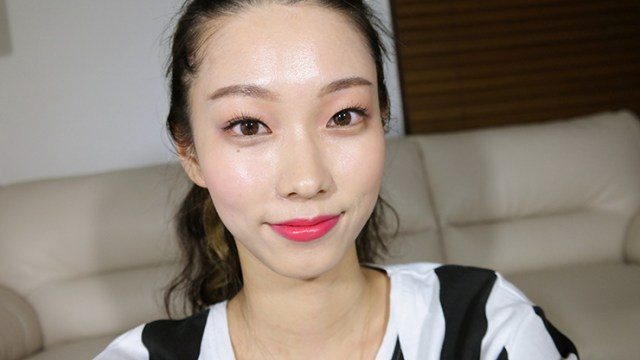
Sok-gwang [속광]: A natural glow and dewiness that seem to come from within (sok).
Mul-gwang [물광]: Very hydrated skin that looks like it’s replenished to the max with water (mul).
Kkul-gwang [꿀광]: The ultimate glossy skin, when your complexion is lit with a rich, honey-like (kkul) glow.
Yun-gwang [윤광]: This kind of shine is achieved by highlighting high points of the face, like the nose bridge, cheekbones, and cupid’s bow, which explains why it’s also known as 3D-gwang.
Kkot-mul skin [꽃물스킨]
Literally “flower-water toner,” this is an exceptionally hydrating toner with a higher viscosity than a typical watery toner. It’s supposed to give you petal-soft, water-dewy skin.
Example: The 7-skin method works perfectly with this kkot-mul skin.
Sseng-uhl [쌩얼]
This term originally meant a beautiful, natural face that requires no makeup, as sseng implies freshness and youthfulness. Although it still usually carries a positive connotation, it has evolved to also describe the naked face that we all sport behind closed doors or on an off-duty day. Whether the implication is good or bad depends on the context.
Example: Ah! Don’t take a picture! I’m sseng-uhl right now! Or Lee Min Jung has such sseng-uhl on and off the screen.
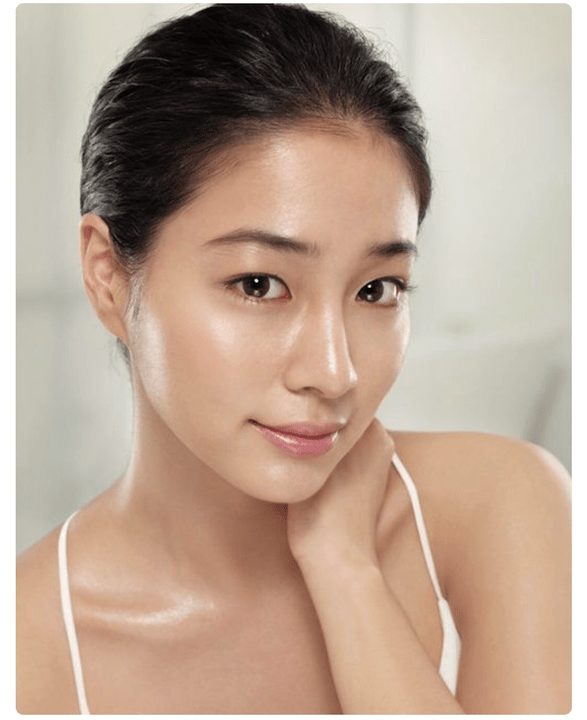
S-line
A curvy body that resembles the letter S. It’s an idealized body shape according to current Korean beauty standards, similar to an hourglass figure.
Example: Nana’s S-line is motivating me to eat healthier and work on my squats.
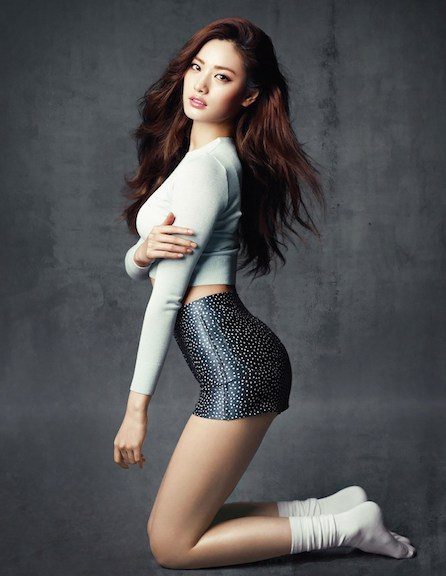
Taeng taeng [탱탱]
What every anti-aging product strives to deliver and what we all want for our skin. This coveted adjective describes youthfully taut, firm, and bouncy skin.
Example: After a good facial, my skin feels as taeng taeng as a baby’s.
Tok tok [톡톡]
If you’re applying your skincare the K-beauty way, you’ve probably heard this sound. This onomatopoeia refers to the gentle, tap-tap method recommended for applying most skincare products.
Example: Make sure you gently tok tok your essence onto your skin instead of rubbing aggressively.
Ulzzang [얼짱]
Literally, “the best face.” This winning term is Korea’s version of “the face that launched a thousand ships” and refers to the ultimate, most beautiful, flawless face according to Korean beauty standards.
Example: Actress Kim Tae Hee has long held the title of Korea’s ulzzang.
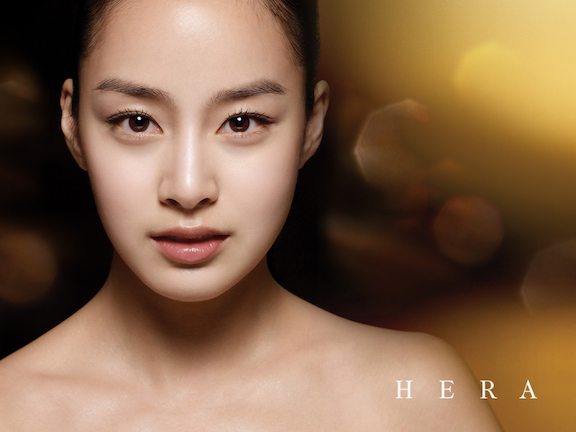
V-line
This letter of the alphabet refers to a slim, narrow jawline that resembles a “V.” Selcas (selfies) galore, lots of contouring, and undoubtedly many cosmetic surgeries have been inspired by this famous facial shape.
Example: Hara’s V-line makes her look like a little doll.
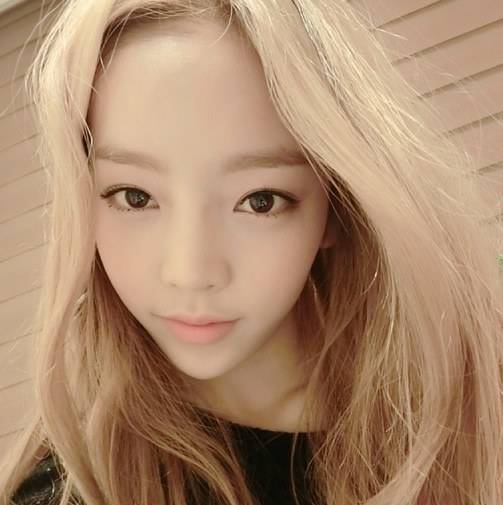
Do you use any of these K-beauty slang terms in your everyday conversation? What other Korean slang do you use? Share with us!
Loading...